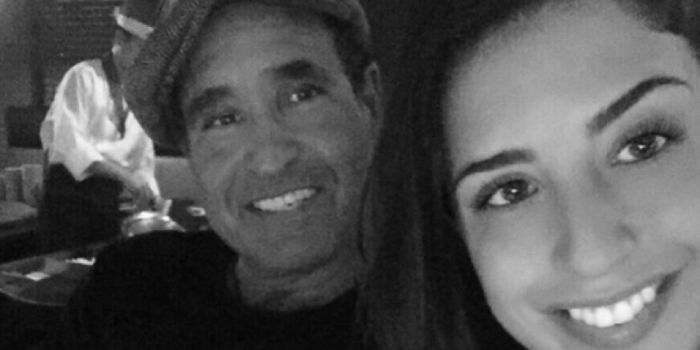A Manhattan jury on Tuesday found Pedro Hernandez guiltyin the killing of 6-year-old Etan Patz, bringing to a conclusion one aspect of a four-decade-long murder mystery. Patz’s body has never been found. The state Supreme Court jury of eight men and and four women convicted Hernandez of felony second-degree murder and kidnapping in the 1979 case, but acquitted him of intentional murder.
Sentencing is set for Feb. 28 and he faces a maximum sentence of life in prison.
“It’s about time,” Stan Patz, Etan’s father, told reporters after the verdict.“I’m really grateful this jury finally came back with what I’ve known for a long time: that this person, Pedro Hernandez, did a really terrible thing.” The Patz case grabbed national attention when he vanished while walking alone for the first time to a school bus stop in SoHo on May 25, 1979.The boy’s photo was one of the first missing-children to appear on a milk carton. Moments after the verdict was read, Hernandez’s defense attorney Harvey Fishbein vowed to appeal.
In 2015, the first trial of the 56-year-old former delicatessen worker ended with a hung jury of 11-1 in favor of conviction after 18 days of deliberations. The retrial began on Oct. 19, 2016. Prosecutors had no physical evidence to link Hernandez to the boy’s disappearance. No remains were ever found despite an extensive search.
Arguments in both trials centered on the validity of Hernandez’svideotaped confession to police in 2012. He reportedly gave investigators a detailed account of the crime. When Hernandez was 18, he lured Etan into a bodega where he worked by promising the boy a soda, Hernandez told investigators. There, he killed Etan in the store’s basement, put his body in a trash bag and a box, which he dumped in an alley. “When he went in front of me, I grabbed his neck and I started to choke him. I was nervous. His legs were jerking,” Hernandez said during a six-hour interrogation by police. Hernandez demonstrated by putting his hands over his own neck. Hernandez later recanted the confession, claiming he is mentally ill and that he was coerced into making the admissions. Medical records indicated that Hernandez suffers from schizophrenia, a fact that provided his primary defense in the second, three-month long trial. “He’s just inconsistent, he’s just unreliable and he’s the only witness against himself,” the defendant’s lawyer said.
Reuters contributed to this report.






















